
Merry Crisis (Demo)
After a break-up turns your world inside out, you return home for Christmas hoping the change in scenery will give you space to mend a broken heart.
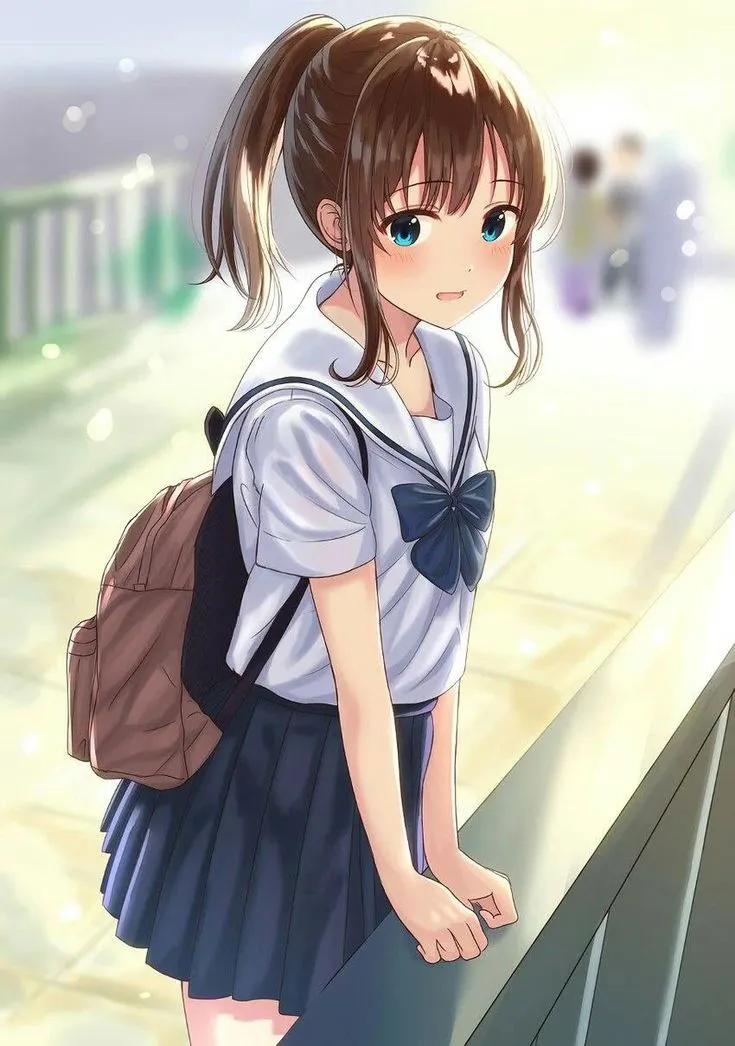
Otome games often captivate many players with their enchanting storylines and engaging romance paths. However, some individuals find that as they grow older, they lose interest in narratives focused on younger heroines, particularly those in high school settings. Below, we will explore why this feeling arises, how it intertwines with mental health, and various methods to rediscover the joy in this genre or accept that it might be time to look for fresh experiences.

Many otome games are intended for a younger demographic, centering on teen characters seeking first love or navigating high school drama. When someone is in their teens, these fictional narratives often resonate deeply. As a player matures, though, the contrast between a personal life experience and the immature choices of youthful characters becomes more evident. That disconnect can leave older fans feeling as though these titles no longer speak to them, especially when relatability plays a large role in enjoyment.
Age itself can be a rather trivial aspect in fiction, yet the setting of a typical high school context can highlight the gap between a seasoned adult’s worldview and a character’s naive perspective. If someone is now in their late 20s, 30s, or even beyond, it might be tough to feel enthusiastic about conflicts that revolve around club activities, first crushes, or curfews. Over time, it is normal to outgrow this teen-focused setting and yearn for stories that align more with the complexity of adulthood.
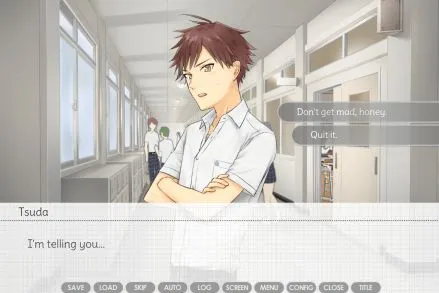
The industry often chooses to rely on high school protagonists because it appeals to a powerful demographic of teenage players. Younger players tend to have fewer life experiences, so many production studios assume that the unknown adventures of first-time romance and new social routines will consistently fascinate them. By following this formula, otome game developers maximize profitability. Consequently, those who crave older heroines or more mature circumstances might feel overlooked.
Nevertheless, some people continue enjoying school-themed otome games long past adolescence. These fans may not mind the teen setting because they can recall their own youthful emotions or simply appreciate lighter, more carefree storytelling. Even so, a growing number of adult enthusiasts emphasize craving more varied plots to match richer, more adult experiences. This difference in tastes underscores why, with age, one’s enjoyment of typical high school-themed otome games might fade.
A critical factor for some maturing fans is a deep sense of personal growth. While teenagers in these games grapple with their choice of prom dates or first kisses, adults might be working daily jobs, handling bills, or going through breakups and significant challenges that require more refined problem-solving skills. This disconnect between mature realities and teen romance can create tension for older players searching for a connection to their own life stage.
Although otome games typically center on fictional plots, players often want to see characters dealing with genuinely relatable issues. Adult fans, for instance, may long for narratives featuring economic concerns, workplace dynamics, or re-establishing trust after a painful breakup. These are story beats that differ greatly from the average teenage adventure. When the plot consistently revolves around contests for class president or revelations about a best friend’s crush, it may feel unprogressive for someone beyond their early 20s.
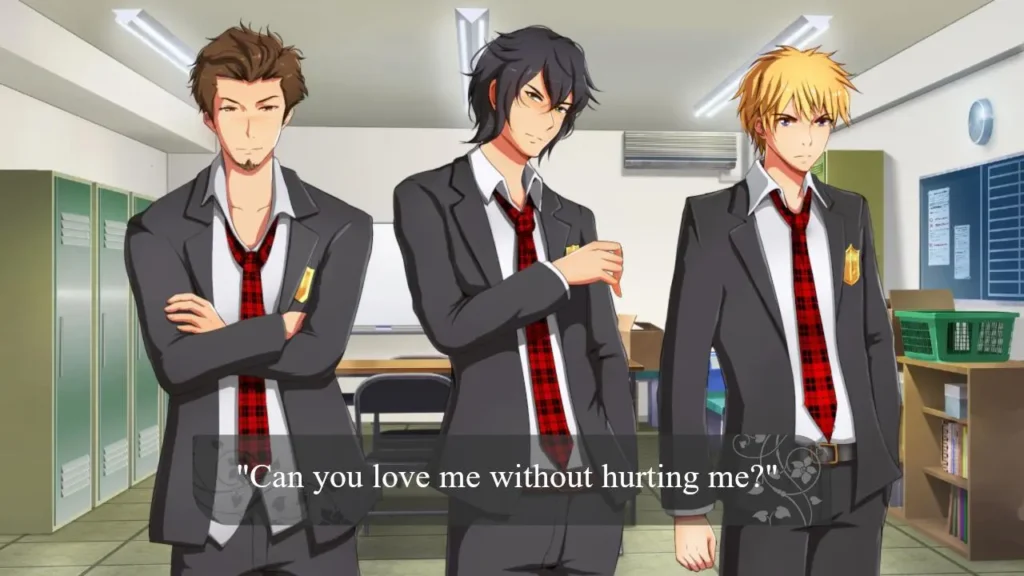
Additionally, there is often a sense of nostalgia tied to replaying games that were once deeply cherished. Possible frustration can arise when realizing a cherished title’s content no longer feels as moving or compelling. Some might temporarily believe depression or lack of interest in romance is the culprit, yet the actual reason could be as simple as maturing tastes. Over time, individuals often want more variety and deeper characterization that mirrors the highs and lows of adult life.
Players who once deeply adored teen-focused love triangles might now gravitate toward stories that portray adult responsibilities or more nuanced emotional interplay. Even if a person does not self-insert as the protagonist, they may crave themes that challenge them in new ways. For this reason, some older gamers seek out romances set in workplaces, fantasy kingdoms with adult heroines, or alternative media such as musicals and dramas offering older leads.

Seasoned fans often look for story depth and emotional complexity that reflect their current life. This can include protagonists investigating challenging moral dilemmas or balancing romantic pursuits with meaningful obligations. One approach is to experiment with alternative titles that highlight older characters, whether they are in their late 20s, 30s, or beyond. Some independent developers create visual novels that address adulthood concerns, such as starting a new career or exploring second-chance love after a difficult breakup.
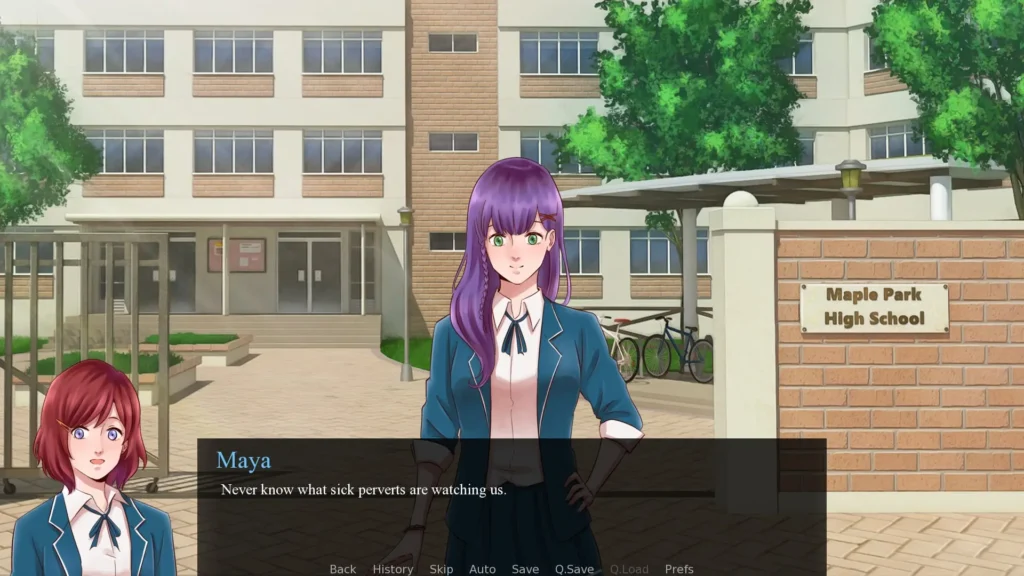
For anyone feeling a lack of excitement about high school romances, stepping into a fresh environment can reignite that spark of curiosity. Titles set in unique worlds, such as a farm simulation that integrates marriage routes or an urban fantasy storyline committed to mature relationships, can inject renewed enthusiasm. These experiences can also lessen the sense of alienation brought on by typical cafeteria meet-cutes, allowing older individuals to reconnect with otome-style stories in a more fulfilling context.
Some players who previously adored teen-centric tales broaden their tastes by looking at a variety of romance media instead of exclusively playing otome games. Certain Josei manga, for instance, effectively depict workplace romances or the complexities of balancing personal ambition with love. K-dramas also frequently feature heroines in their mid-to-late twenties, bringing relatable concerns about career advancement, family, and social pressure. Engaging with these stories can ease one’s frustration over the saturation of high school-themed content.
It might also be valuable to examine whether other factors underlie the sense of boredom. Sometimes mental health challenges, such as depression, contribute to diminished excitement for once-cherished hobbies. If sadness or apathy persists across several interests, it could be worthwhile to explore professional support. However, if the loss of enthusiasm is specifically tied to a mismatch in age or narrative setting, it may just indicate a natural progression from earlier interests toward those that feel more mature.
Feelings of nostalgia can complicate how older fans relate to otome games that once made them happy. Recounting the joy of discovering these games during teenage years might spark a sense of loss as they realize the same material no longer has the same thrill. Reflecting on cherished memories sometimes brings sadness, accentuating how much time has passed and how personal tastes shifted. It is natural to experience a mix of longing and dissatisfaction when old favorites no longer resonate.
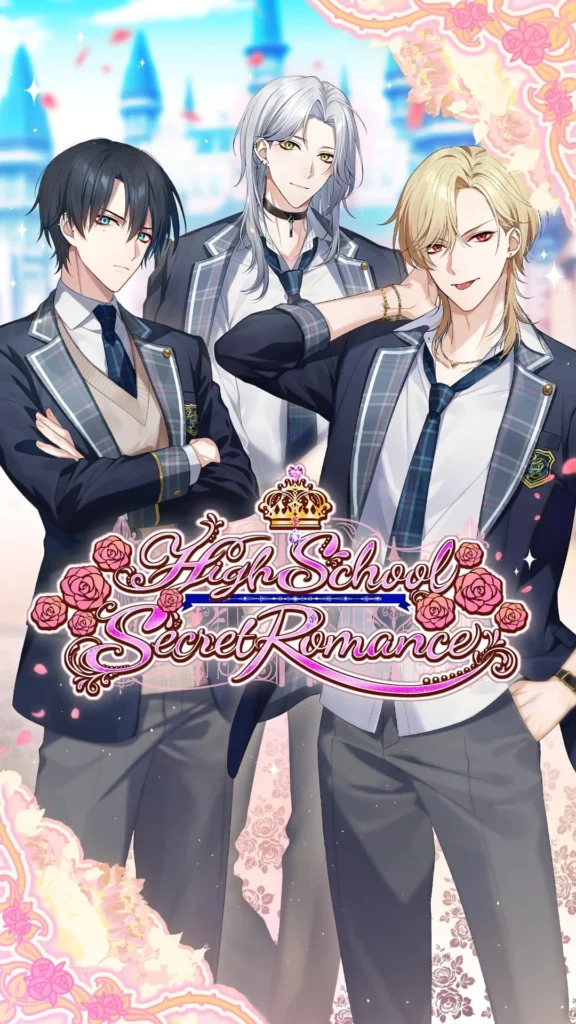
One way to handle these emotions is to channel them into new creative outlets. Some fans transition from merely playing otome games to crafting fan art, writing short fiction, or even brainstorming novel concepts for older protagonists. Artistic endeavors can satisfy fond recollections of early experiences while validating a current desire for diverse storytelling. By creating or seeking out narratives that mirror adult realities, fans can shape a personal niche that aligns better with their present emotional state.
A change in outlook can also mitigate the tension between cherished nostalgia and adult expectations. Instead of yearning for the old feelings, some players opt to accept that their interests have evolved. Nostalgia can remain a sweet recollection, while a new era of romance media becomes the cornerstone of entertainment. This balanced perspective prevents the frustration of forcing oneself to enjoy content that no longer holds appeal, allowing personal growth without sacrificing fond memories.
It is perfectly acceptable to take a break from otome games, especially if the fun factor has faded. Some older fans might revisit them after a hiatus and discover a renewed appreciation for lighter themes. Others might recognize that their tastes have permanently shifted to more mature content. Regardless, acknowledging the interplay between nostalgia and the present can be liberating, reflecting a natural progression of personal evolution.

If traditional high school otome games feel less enthralling, many alternative genres exist to fill that blank. With newfound preferences for older protagonists or more sophisticated narratives, individuals might gravitate toward series aimed at slightly older audiences. Examples include:
Broadening one’s scope can provide more substance. Many adult players find that office romance manga or fantasy epics with older heroines give them the narrative weight they crave. Stepping into these stories can feel refreshing, as it validates a more mature point of view. Since some console developers hesitate to stray from the younger demographic, exploring smaller studios or independent creators can unveil hidden gems brimming with richer themes.
Engaging with various genres also fosters a sense of freedom. Adult players no longer have to limit themselves to the standard formula of teens navigating first crushes. Instead, they can discover narratives featuring career-oriented women, single parents, divorcees, or simply characters grappling with adult responsibilities. Such diversity in media can reignite one’s love for romance in a way that feels genuine and meaningful, helping preserve that sense of wonder.
In addition, it may help to explore fan communities where recommendations for these alternatives are abundant. Players of all backgrounds share lists of their favorite games or stories with older casts. Immersing oneself in that environment can equip an individual to find titles specifically designed for a more mature lens. Over time, that can address the persistent craving for nuanced storytelling that resonates with life beyond the teenage years.
It is normal to question if loss of interest in once-treasured hobbies might point to depression or broader emotional struggles. For some people, losing enthusiasm for favorite pastimes can signal an underlying issue. If the shift in preference for otome games coincides with losing enjoyment in multiple areas, it could be prudent to speak with a professional. Therapy can help clarify whether your feelings stem from changing tastes or a deeper emotional hurdle.
Self-care can include stepping away from routine patterns to discover fresh mindsets or media. If the teenage romance environment no longer fulfills you, consider that a sign of healthy maturity. Perhaps you will find more satisfaction in slice-of-life stories emphasizing daily struggles at an adult job or narratives showcasing a hero with established life experiences. It may also be beneficial to reconnect with close friends or online communities that relate to evolving tastes. These steps can protect mental well-being while providing fresh avenues for entertainment.
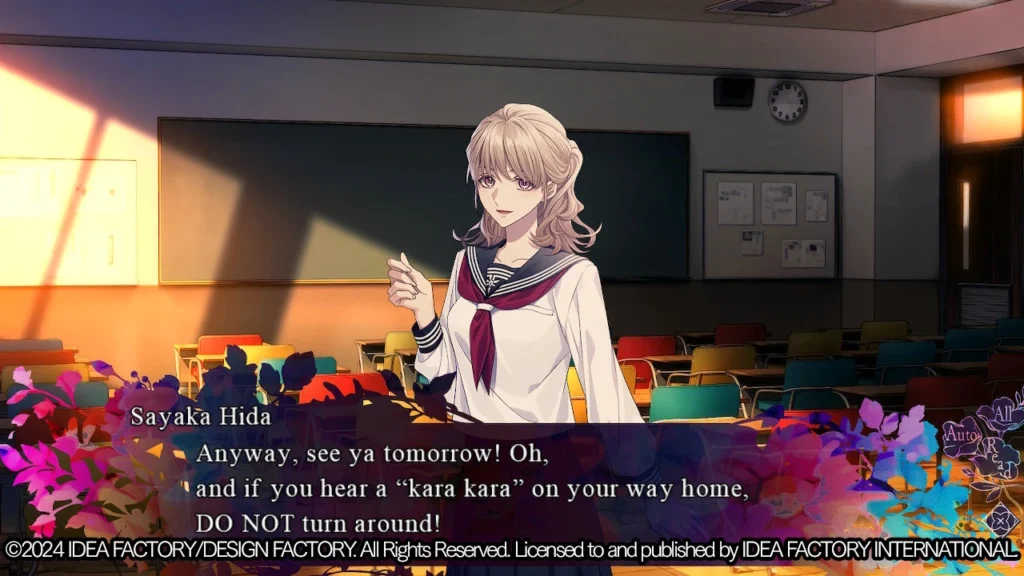
Another worthwhile reflection is to acknowledge how personal achievements, heartbreak, and life transitions influence what you seek in fiction. People who have dated, worked in intense environments, or juggled financial responsibilities likely resonate with more mature plots. At times, re-examining personal experiences can highlight new sources of empathy for characters beyond teens. Even if a title features younger heroes, you might interpret events from a caring or parental lens rather than as a peer. This shift in perspective can help reshape your engagement with these games.
Ultimately, life changes guide personal interests, and letting go of certain themes is part of growing older. The key is to identify the narrative elements that keep you engaged or have the potential to spark your passion once more. If you find yourself yearning for adult relationships based on deeper emotional connectivity, do not hesitate to explore other corners of the romance genre. If you come to accept that your teenage otome days are all in the past, that realization can also pave the way for newfound joys.
Combining self-awareness with a willingness to explore fresh media can lead to reinvigorating experiences. Your relationship with otome games, or with any genre, need not remain frozen in time. Recognizing that personal growth often necessitates a broader view can bring both comfort and exciting new entertainment choices. Even if certain aspects of your old favorites no longer align with where you are in life, the opportunities for future enjoyment remain limitless.
Check Out Otome games with Older Love interests.
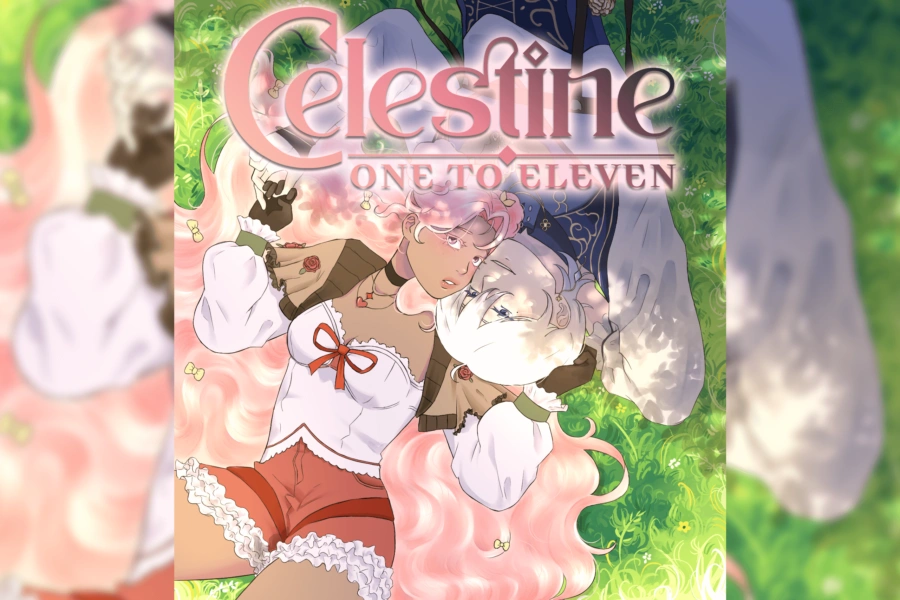
In our latest interview, we got in contact with the creative team behind Celestine: One to Eleven, to dive into the origins of their project...
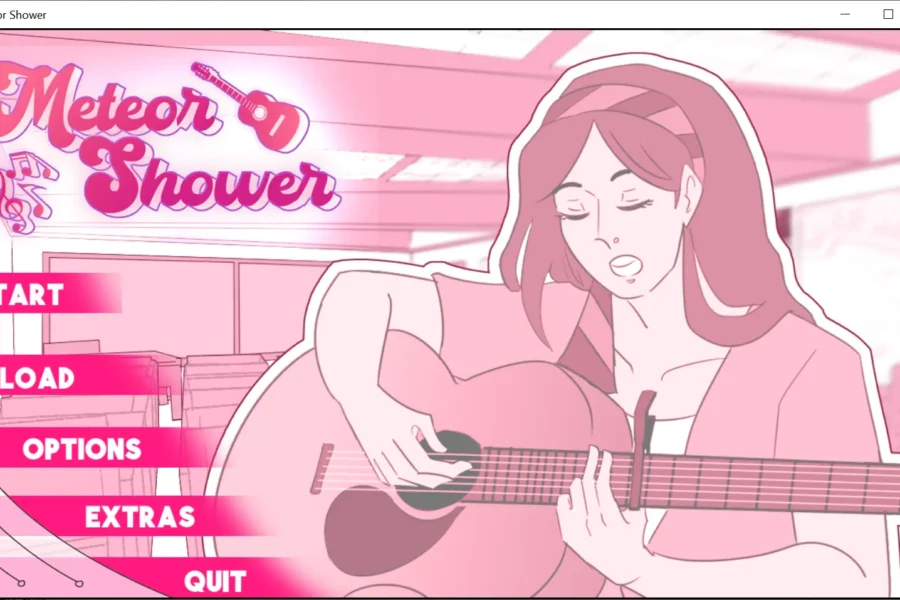
What started as a small “test project between friends” quickly turned into one of the most heartfelt indie otome releases. Meteor Shower captures the chaos,...
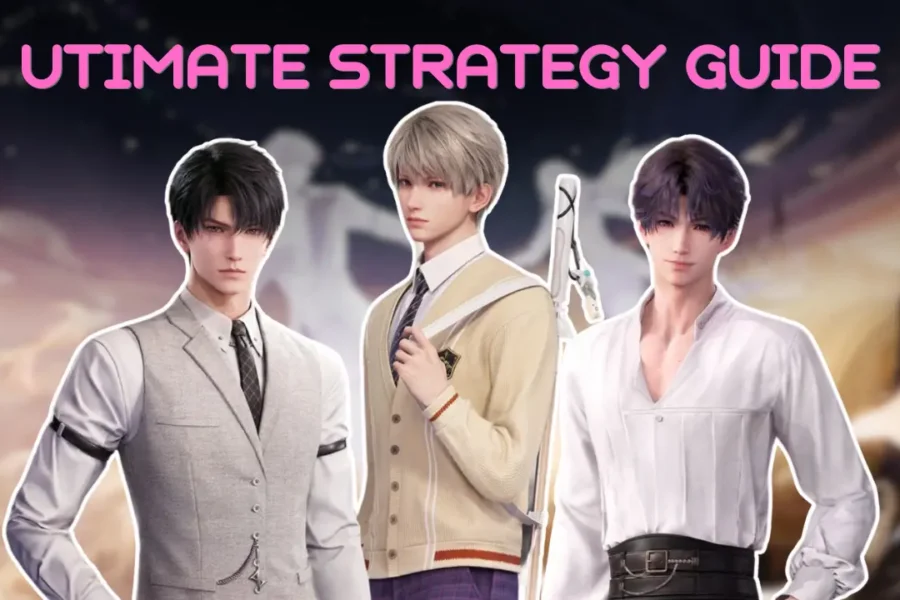
Welcome to an in-depth guide designed to teach you how to level up in Love and Deepspace This article provides key insights into team building,...